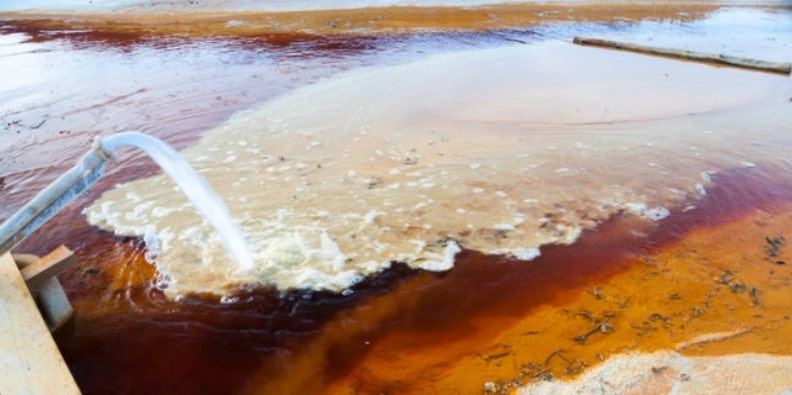
Waste Analysis

| Waste | Sampling from Solid Waste | TS 12090 |
| Waste | Determination of Antimony (Sb), Arsenic (As), Copper (Cu), Barium (Ba), Mercury (Hg), Zinc (Zn), Cadmium (Cd), Lead (Pb), Nickel (Ni), Selenium (Se), Chromium (Cr) | EN 12457-4 EPA 3051 A EPA 6020 A |
| Waste | Determination of Molybdenum (Mo) | EN 12457-4 EPA 3051 A EPA 200.8 |
| Waste | Determination of Fluoride | EN 12457-4 SM 4500-F B SM 4500-F D |
| Waste | Determination of Chloride | EN 12457-4 SM 4500-CI¯ B |
| Waste | Determination of Sulphate | EN 12457-4 SM 4500 SO4-2 E |
| Waste | Determination of pH | ISO 10390 |
| Waste | Determination of Total Dissolved Matter | SM 2540 C |
| Waste | Determination of Glow Loss of Dry Mass | EN 12879 |
| Waste | Determination of Phenol Index | EN 12457-4 SM 5530 B SM 5530 D |
| Waste | Determination of BTEX (Benzene, Toluene, Ethyl Benzene, Xylene) | EPA 5021 A EPA 8260 C |
| Waste | Determination of Hydrocarbons in the C10-C40 Range | EN 14039 |